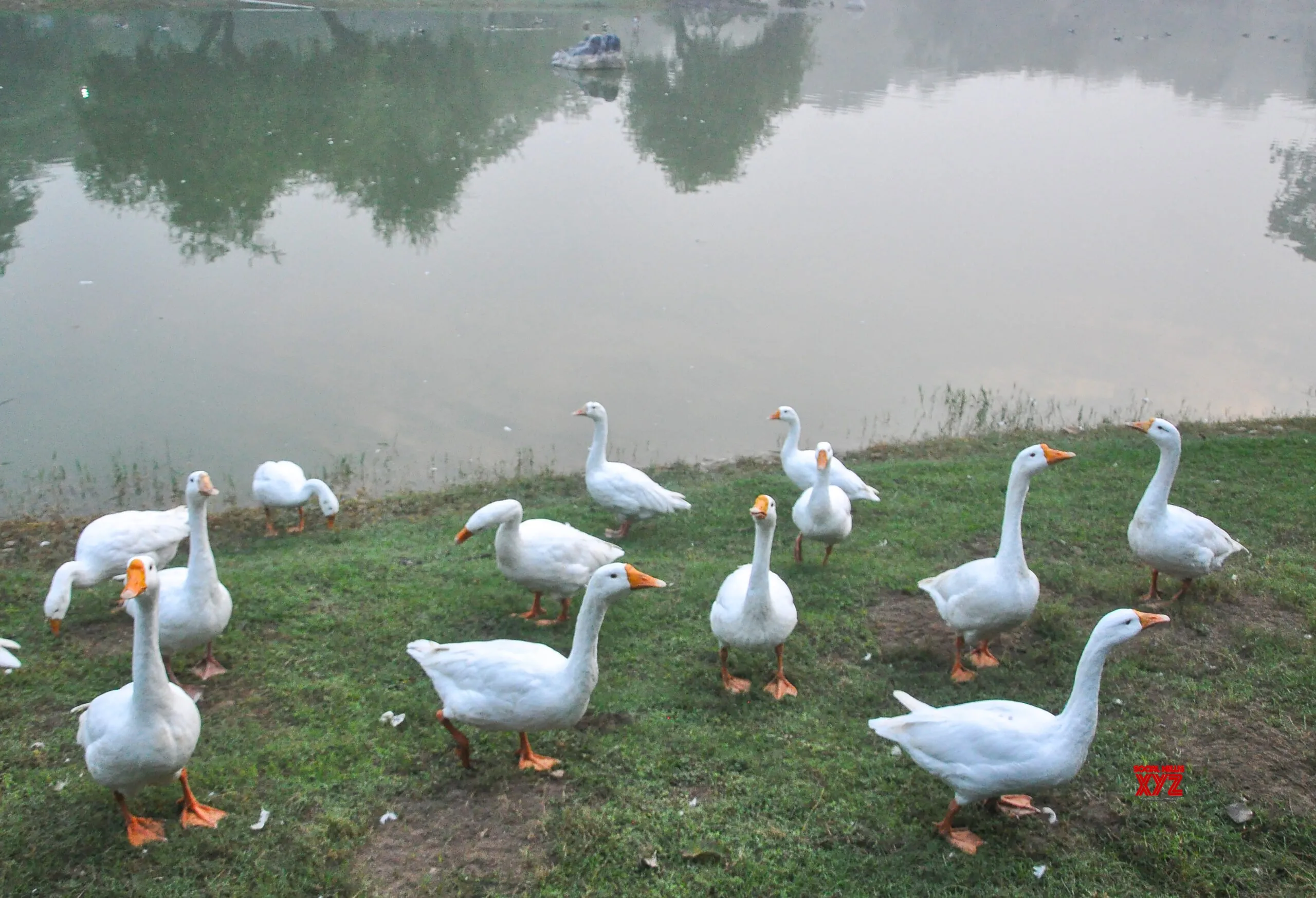Copyright The New York Times

Female leaders on the right The election of Sanae Takaichi was a milestone moment. The last time a woman led Japan was in 1771, when Empress Go-Sakuramachi sat on the imperial throne. Takaichi’s election means there are now two women who lead their nations in the G7. She joins Giorgia Meloni, the prime minister of Italy. Their predecessors include three British prime ministers — Margaret Thatcher, Theresa May and Liz Truss — Angela Merkel of Germany, Kim Campbell of Canada and Edith Cresson of France. Notice anything about that group? With the exception of Cresson, a Socialist who was in power for just under a year, all other female G7 leaders have come from the right. An exclusive club The primary thing women leaders around the world have in common is that there have been very few of them. The small numbers, and the fact that these women were elected by different countries at different times, make it hard to deduce patterns. Each person’s rise necessarily involved singular circumstances. The politics of the women are different too: The center-right Angela Merkel who welcomed migrants into Germany is a very different politician from a Takaichi or a Meloni, both of whom have pushed immigration restrictions. And not all women leaders come from the right. Looking beyond the G7, you can readily find examples of left-leaning heads of government, such as President Claudia Sheinbaum of Mexico and the Danish prime minister, Mette Frederiksen. Still, in that group of industrialized nations, the failure of liberal parties to produce female leaders who win is something of a puzzle. In the United States, the two women who have come closest to the presidency were both Democrats, but they lost. In the United Kingdom, Labour has never even chosen a female leader. This may strike some as counterintuitive. Typically, it’s the left that has explicitly championed women in politics, often through the use of instruments like gender quotas, which now exist in roughly half the countries in the world. Much of the right finds these kinds of measures distasteful; Meloni, for her part, opposes them. Takaichi has talked about the loneliness of being a woman in Japanese politics. But she’s also embraced positions that critics say hold women back. She’s opposed changing a law that requires married couples to share a surname, and has backed efforts to preserve the male lineage of Japan’s imperial family. Iron maiden, iron ladies The experts I spoke to suggested a few different dynamics might be interacting with one another. The push for women in politics, largely from left-leaning parties, can be contagious, both within countries and even across borders, said Pippa Norris, a professor of comparative politics at the Harvard Kennedy School. And the more women in politics, the more likely it is that women break into leadership, regardless of what party they belong to. Germany’s Social Democrats instituted gender quotas in 1988, which put pressure on the conservatives to include more women on their electoral lists. One of the women who was elected to the Bundestag in the next election was a young Angela Merkel. And a close look at each woman’s individual rise to power does reveal some patterns, said Silvana Koch-Mehrin, the founder of a network of current and former women political leaders. Many of the early women leaders came to power as outsiders in a moment of political crisis. Thatcher rose in the 1970s when Britain was in economic and political turmoil. Merkel won her party’s leadership after a corruption scandal in the early 2000s. May became leader in the messy aftermath of the Brexit vote. Meloni was elected after a decade of post-Berlusconi, testosterone-fueled turmoil that saw Italy churn through six prime ministers. In France, Marine Le Pen’s far right is the most popular force in a country that has seen four governments in less than a year. In Japan, Takaichi, an Iron Maiden fan and amateur drummer who beat out four men to become leader of the L.D.P., takes the helm of a party that has been losing support, in a country that has been dealing with stubborn economic stagnation. The rise of women on the right is intriguing. It may also be short-lived. The steady growth of the number of women in parliaments in recent decades that has helped right-wing women to power has now stalled. On the other hand, France, where Le Pen continues to outpoll her rivals, is slated to hold its next presidential election in 2027. Interested in providing feedback on this newsletter? Take our short survey here. MORE TOP NEWS There was conflicting information about whether the Pakistani Taliban, which has been fighting a fierce insurgency against the Pakistani government, was responsible. An analyst warned that the attack in Islamabad, a heavily guarded city, was an ominous sign for security in the country. The attack occurred a day after an explosion near a subway station in New Delhi that killed at least eight people, which police are investigating as a possible terrorist attack. There is no evidence that the two attacks are connected, but tensions are high after this year’s military clashes between India and Pakistan, which were triggered by a terrorist attack in Kashmir. OTHER NEWS Iraqis voted for a new Parliament in an election watched closely by the U.S., which wants the next government to disarm Iran-backed militias. The U.S. Senate passed a bill to end the nation’s longest government shutdown, sending the legislation to the House. A Turkish prosecutor has called for Ekrem Imamoglu, the jailed mayor of Istanbul, to be sentenced to more than 2,000 years in prison. The U.S. Navy’s most advanced aircraft carrier moved into the Caribbean as the Trump administration weighed further military strikes against Venezuela. SoftBank sold its entire stake in Nvidia for $5.8 billion to help pay for new investments in artificial intelligence. Thieves stole several Roman-era statues from Syria’s National Museum in Damascus. A South Korean court overturned the indecent assault conviction of Oh Young-soo, an actor in “Squid Game.” Tatsuya Nakadai, one of Japan’s biggest movie stars who was best known for his role in “Ran,” died at age 92. SPORTS Football: Lionel Messi made a secret visit to Barcelona’s stadium. Cricket: A familiar war of words is in full swing ahead of this year’s Ashes. Three years ago, the actor Sarah Jessica Parker posted a plea on the Booker Prize’s Instagram page. She wanted to judge the prestigious award. “Oh let me try!!!!” she wrote. Now, she’s done just that. On Monday night in London, Parker watched David Szalay, the author of the winning novel, “Flesh,” collect the award. Winning is a life-changing experience for an author. Parker said that being a judge was also transformative. Reading 153 books in a year required her to bow out of most family activities. Read more. AROUND THE WORLD



